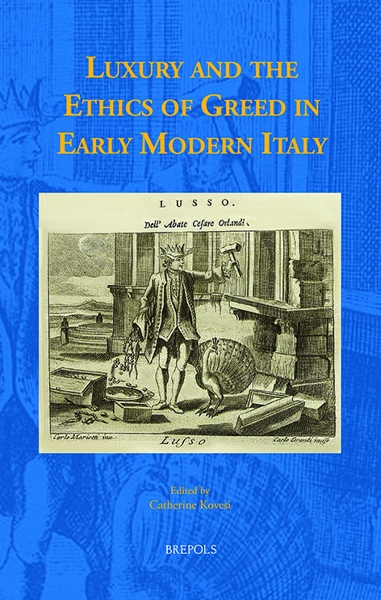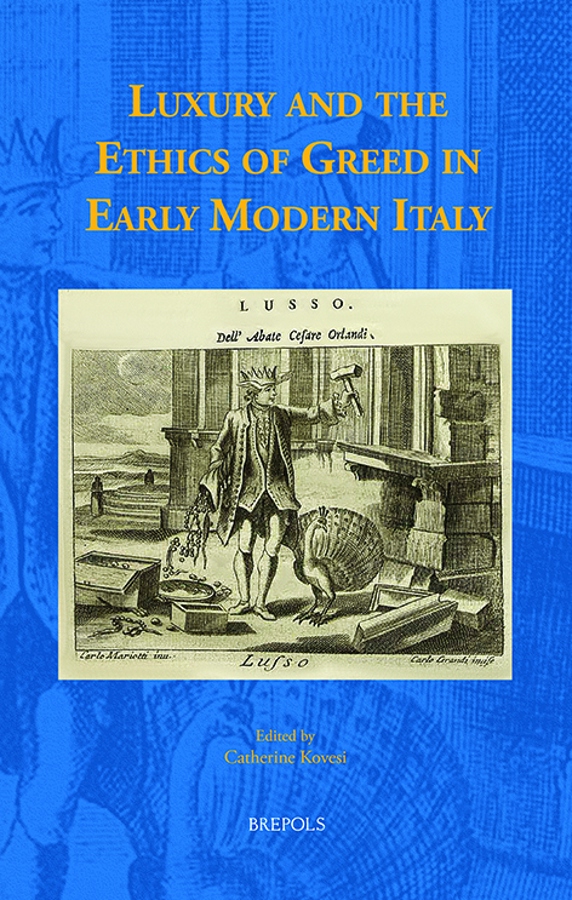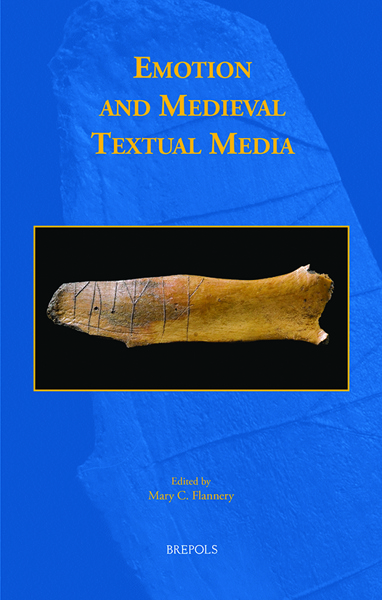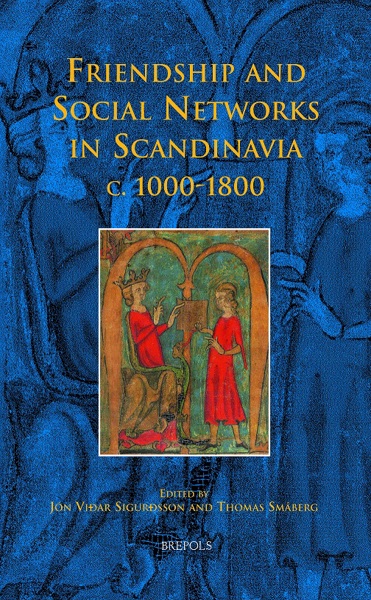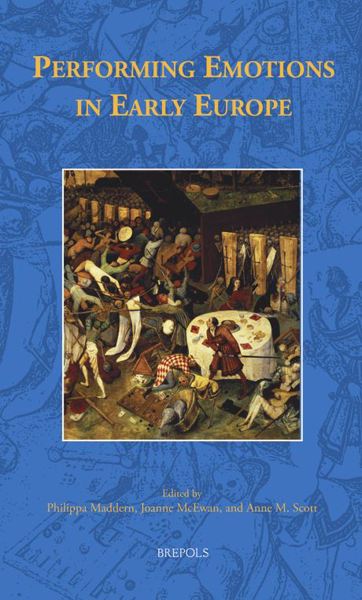
Luxury and the Ethics of Greed in Early Modern Italy
Catherine Kovesi (ed)
- Pages: xxx + 305 p.
- Size:156 x 234 mm
- Illustrations:32 col., 2 tables b/w.
- Language(s):English
- Publication Year:2019
- € 100,00 EXCL. VAT RETAIL PRICE
- ISBN: 978-2-503-58011-1
- Hardback
- Available
- € 100,00 EXCL. VAT RETAIL PRICE
- ISBN: 978-2-503-58012-8
- E-book
- Available
A new, scholarly, and lively appraisal of the twin paradigms of Luxury and Greed as they were debated, disseminated, enacted, and feigned in early modern Italy.
“This beautifully presented volume, with gorgeous color plates, is a rich source for further investigation. The essays are enlightening and well written and contribute a new level to the growing body of literature that moves beyond material culture and consumption.” (Katherine A. Melver, in Renaissance Quarterly LXXIII/3, 2020. P. 1045)
“(…) this collection makes a much-welcomed edition to histories of luxury and consumption in premodern Europe. It offers new and important research about material culture in early modern Italy, building on the work of scholars such as Evelyn Welch, and makes a convincing attempt to relocate the birth of a consumer society much earlier than the eighteenth century, to begin in fifteenth-century Italy.” (Sarah Bendall, in Parergon, 37/2, 2020, p. 223)
“Luxury and the Ethics of Greed is not only an excellent collection of essays, it is also a very well-produced book.” (Maria Hayward in Luxury: History, Culture, Consumption, 8:1, 2021, p. 168)
“Luxury and the Ethics of Greed will be fun for Renaissance specialists and their classrooms, but it also contains methodological and conceptual riches to interest the globalists.” (Alison Frazier, in The Medieval Review, 21.11.19)
This book unravels the complex interaction of the paradigms of luxury and greed which lie at the origins of modern consumption practices. In the Western world, the phenomenon of luxury and the ethical dilemmas it raised appeared, for the first time since antiquity, in early modern Italy. Here, luxury emerged as a core idea in the conceptualization of consumption. Simultaneously, greed — which manifested in new and unrestrained consumption practices — came under close ethical scrutiny. As the buying power of new classes gained pace, these paradigms evolved as they continued both to influence, and be influenced by, other emerging global cultures through the early modern period.
After defining luxury and greed in their historical contexts, the volume’s chapters elucidate new consumptive goods, from chocolate to official robes of state; they examine how ideas about, and objects of, luxury and greed were disseminated through print, diplomacy, and gift-giving; and they reveal how even the most elite of consumers could fake their luxury objects. A group of international scholars from a range of disciplines thereby provide a new appraisal and vision of luxury and the ethics of greed in early modern Italy.
List of Illustrations Acknowledgments
Luxury and the Ethics of Greed in Early Modern Italy: An Introduction — CATHERINE KOVESI
Section One. Luxury and Greed: Defining the Terms
Luxus: How Luxury Acquired Its Lustre — CATHERINE KOVESI
Dante’s She-Wolf: Luxury and Greed in the Divine Comedy — LINO PERTILE
The Language of Luxury in Renaissance Florence — PETER HOWARD
Section Two. Consuming Luxury
‘Taste of Luxury’ in Renaissance Italy: In Practice and in the Literary Imagination — LAURA GIANNETTI
Chocolate in the Historical Imagination — REBECCA EARLE
Vesti bollate: The Italian Fashion Gazette of the Fourteenth and Fifteenth Centuries (shapes, colours, decorations) — MARIA GIUSEPPINA MUZZARELLI
The Pressures of Magnificence: Senatorial Dress in Sixteenth-Century Venice — JOLA PELLUMBI
Section Three. Disseminating Luxury
Disseminating Luxury on the Streets of Italian Renaissance Cities — ROSA SALZBERG
Italian Maiolica and Gift-giving Between Women c.1480–1600 — TIMOTHY WILSON
Luxury, Technology, and the Diplomatic Gift — SEAN ROBERTS
Section Four. Faking it: The Pretense of Luxury
Material Fictions of Luxury in Sforza Milan — TIMOTHY MCCALL
Cheap Magnificence?: Imitation and Low-Cost Luxuries in Renaissance Italy — PAULA HOHTI
Index
